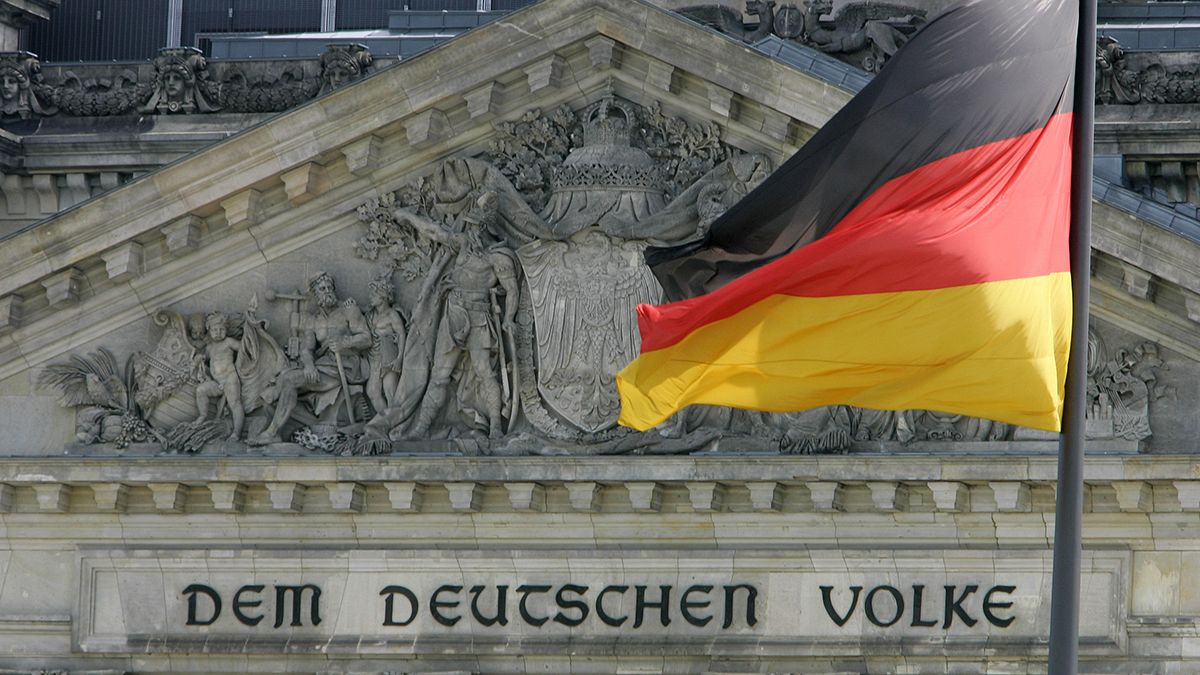The German elections have significance not only within Germany, but through the rest of Europe as well. The question is, can Chancellor Angela Merkel’s CDU and CSU save their coalition with the Free Democrats?
With talk of a third bailout for Greece, Josef Janning, from the German Council on Foreign Relations believes not enough is being done to help Germany’s eurozone partners stage a turnaround in their fortunes, but thinks an “an aid and assistance package” is the more likely option.
The main issue the SPD is using to win voters is their call for an increased minimum wage. Jo Leinen, SPD MEP, believes that people will come out in support of what the are promoting as a better deal for workers: “We have unfair wages. More than seven million people are working below wages that they can live off and we have many adults that are poor; so it looks good but it’s not good. I think the next government has to readjust and re-balance our economy and our society and that’s the big point for social democracy in Germany.”
Another factor which could influence the final outcome is the emergence of the anti-euro party, Alternative for Germany, for whom a strong showing would weaken Merkel’s bid to retain power. However, Janning believes that come voting day, they will struggle to bring in enough votes to have a significant effect on the vote: “I believe that in the end, when they go to the election booths, most German voters are pretty realistic and pretty rational. They don’t really buy this Deutschmark nostalgia.”
Stefan Gehrold of the political think-tank Konrad-Adenauer-Stiftung is more worried about the possibility that Alternative for Germany could sneak a result, and how that would impact Germany’s representation in Europe: “I’m more concerned actually with us being represented in the European Parliament, because there we do have a three percent threshold, at the moment we don’t know whether it’s going to hold in front of the German constitutional court. So in that case AFDP could well be present in the European Parliament.”
Whatever the outcome, when polling opens on 22 September, the eyes of Europe will be fixed on the result along with the German voters.
